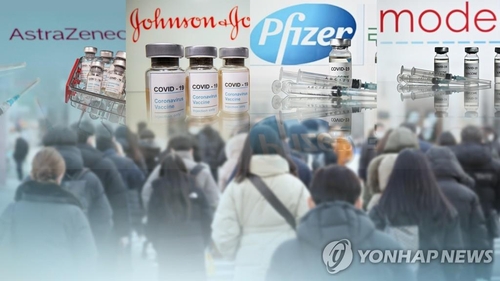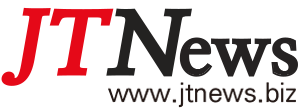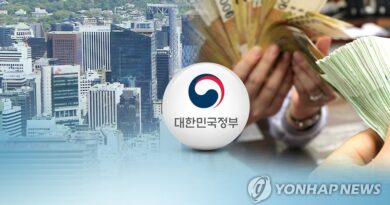S. Korea aims to vaccinate 70 pct of population by Sept.
South Korea aims to get 70 percent of its population inoculated by September and start the first vaccination next month, with so-called “herd immunity” here predicted to be created by November, health authorities said Monday.
The Korea Disease Control and Prevention Agency (KDCA) announced a set of core tasks for this year, which includes providing free COVID-19 vaccines to all nationals to form herd immunity by November.
The government has already secured COVID-19 vaccines to inoculate 56 million people under the World Health Organization’s global vaccine COVAX Facility project and separate contracts with four foreign drug firms.

Also, the government is close to signing a contract to secure additional new coronavirus vaccines for 20 million people from U.S. drug manufacturer Novavax Inc.
The vaccine program will be more than enough to vaccinate the country’s population of 52 million, the KDCA said.
High-risk health care workers at hospitals, sanatoriums and elderly care facilities will get the first vaccines during the first quarter, the KDCA said.
The authorities said people aged 65 or older, and those working at other medical facilities will get the shots in the second quarter, the KDCA said.
The vaccines will be provided to those suffering from chronic diseases and adults aged between 19 and 64 in the third quarter, they said.
The agency also noted that authorities are working to prepare different cold chains as each vaccine must be stored at different temperatures depending on the manufacturer.
AstraZeneca Plc.’s vaccines and those provided under COVAX will be first shipped around February, followed by Johnson & Johnson’s, Janssen’s and Moderna’s in the second quarter and Pfizer Inc.’s in the third quarter, according to authorities.
The inoculation program will be carried out at 250 different sites, in addition to some 10,000 medical facilities across the country, the KDCA said.
The KDCA also said it will continue virus infection preventive measures and increase the number of PCR tests by up to 240,000 cases a day.
The number of officers conducting an epidemiological investigation will also be increased form the current 325 to 385, the KDCA said.
The country’s drug safety agency, the Ministry of Food and Drug Safety, also said COVID-19 vaccines and treatments currently under review will receive conditional approval for use next month.
Experimental drugs under clinical trial are sometimes granted approval for emergency usage from the ministry in cases where diseases are life-threatening and there is no other treatment option.
The ministry said it usually takes between two and three months to test the vaccine, while the process will be shortened to 20 days this time.
The ministry also announced that it has begun reviewing the approval of Pfizer’s vaccines.
Earlier, the government signed a COVID-19 vaccine procurement contract with Pfizer for 10 million people.
Pfizer’s vaccines are expected to be provided here next month under the COVAX program as the first COVID-19 jabs. Its vaccines should be stored at ultra-cold temperatures.
Early this month, AstraZeneca filed for approval of its COVID-19 vaccine with the drug watchdog.
Food and Drug Safety Minister Kim Ganglip told a press briefing that it will be able to approve COVID-19 vaccines in the second week of next month and treatments in early February if there are no problems in reviewing approvals.







